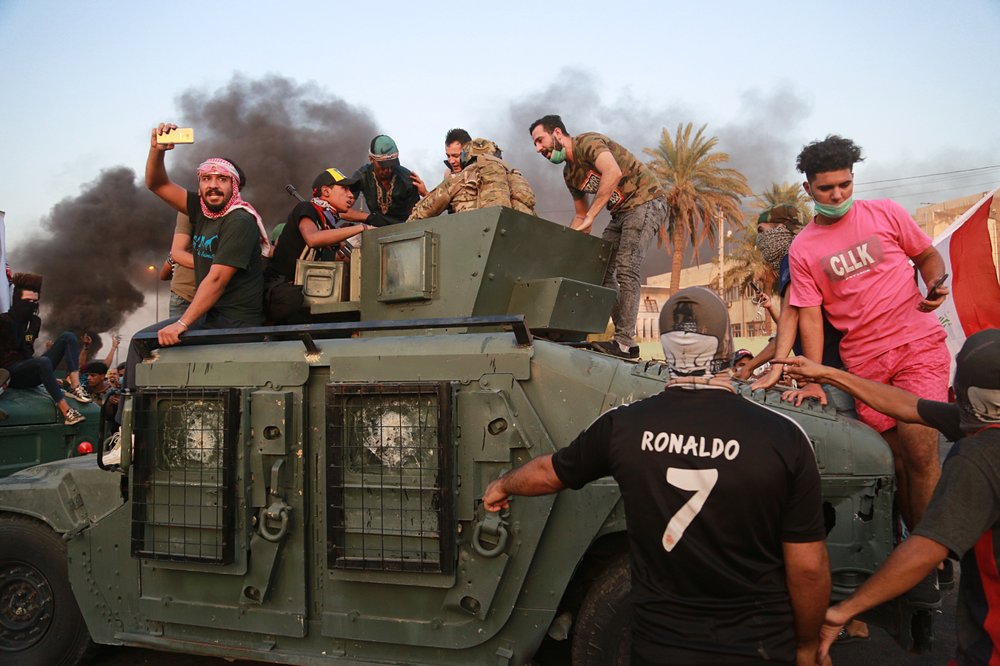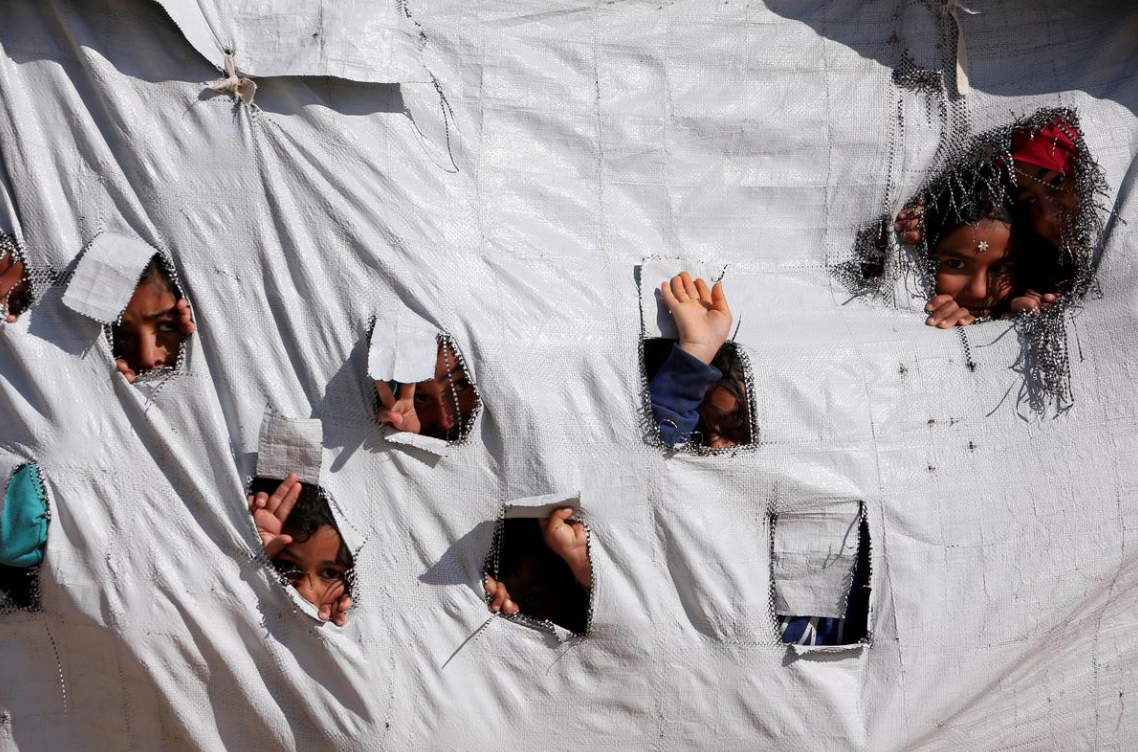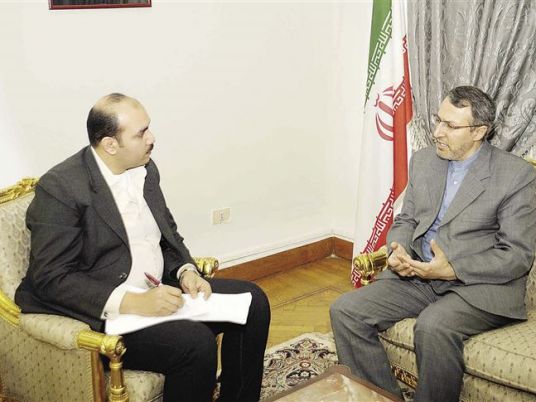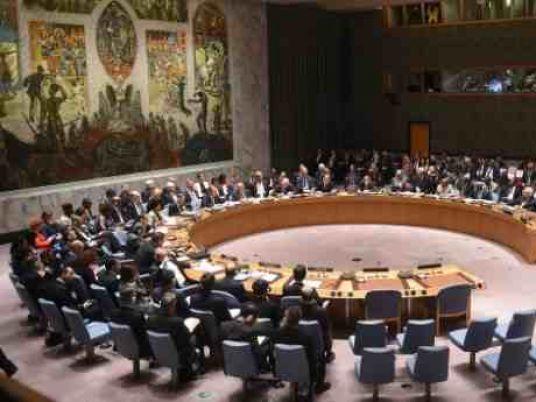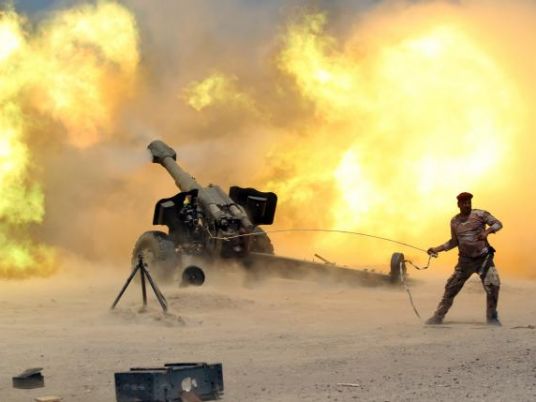
Abu Mahmoud, part of a 2,500-man predominantly Sunni Arab force pulled together to launch an offensive against Islamic State in the Iraqi city of Mosul, has heard from relatives the group has been threatening to behead anyone who speaks of "liberation".
That threat has not discouraged him but he is worried about a lack of support from the Shi'ite-led central government.
"The most important thing we need is weapons and government support," said Abu Mahmoud, 42, who like others interviewed at a training camp in Bashiqa in northern Iraq, declined to give his full name for fear of reprisals.
Abu Mahmoud, who covers his face so that Islamic State militants don't target his family, hopes he and other men in the National Mobilisation force will capture Mosul and rescue its residents in an operation expected to start within weeks.
The Iraqi army, along with Kurdish peshmerga fighters, will take the lead in one of Iraq's most important offensives in years, with the aim of clearing Islamic State from its last major stronghold and promoting long-term stability.
But complaints from fighters and commanders in the National Mobilisation force about lack of weapons from the Baghdad government highlights sectarian faultlines that could undermine the offensive and chances for sectarian and ethnic harmony.
Iraq has descended into civil war, mainly between Shi'ites and Sunnis, since a U.S.-led invasion toppled Saddam Hussein in 2003.
The force, that trains about five hours a day at the camp, was patched together by former Mosul governor and Sunni politician Atheel al-Nujaifi in 2014, not long after Islamic State swept through northern Iraq, virtually unopposed by an army riddled with corruption.
Nujaifi purchased used weapons for the fighters in markets, according to his commanders.
After the camp came under heavy Islamic State rocket fire, Turkish trainers positioned six tanks along the edge of the compound in May 2015.
While the men have benefited from the training, Shi'ite Prime Minister Haider al-Abadi warned Turkey's military presence in Iraq could spark a regional war.
Last week, Turkey's parliament voted to extend its military presence in Iraq for a further year to take on what it called "terrorist organizations".
PRIMED FOR BATTLE
At first glance, the fighters seemed disciplined in their crisp military uniforms and flak vests.
Many of the commanders are former army officers who served under Saddam Hussein.
Others abandoned their posts during Islamic State's lightning sweep through Mosul and the rest of Nineveh Governorate that at one point seemed to even threaten Baghdad.
"There are two rocket types," said instructor Mishaan al-Jibouri, as a group of men sat and listened. "This is what you do if it jams."
The occasional boom of training mortars could be heard echoing off nearby mountains, in a pastoral setting where teenage shepherds on donkeys guided their flock.
The Turks provide basic training but the focus is on urban warfare. The United States also provided training earlier this year and took part in a few joint raids on Islamic State targets, said the Iraqi commanders.
The leader of the camp, General Mohamed Yehya, said there are 2,500 men primed for battle, and with proper support he could muster twice as many fighters.
"Baghdad gives support only for Shi'ites, not Sunnis. We believe we are one. Iraq is our country," said Yehya, sitting in a small command center which included a colorful mockup of the battlefield.
Yehya, 59, is still bitter about the disbanding of the Iraqi army in 2003 by the United States. He believes that was the first step to weaken Sunnis, who dominated positions of authority under Saddam.
"The government doesn’t give direct support to the National Mobilization (force) because it is not part of the Popular Mobilization and there is no coordination between the two," said a government spokesman in Baghdad.
The mostly Iran-backed, Shi’ite-led Popular Mobilization force falls theoretically under the command of Prime Minister Haider al-Abadi.
"While Shi’ites make up a majority in the Popular Mobilisation, it also has in its ranks Sunnis," the spokesman added, denying allegations that the government is only supporting Shi'ites, and not Sunnis.
He said of 110,000 men in the Popular Mobilisation force, 25,000 to 30,000 are Sunnis.
PERSONAL STAKE
The Sunni force has already put itself at risk, setting up the camp 13 kilometers from the frontline with Islamic State.
Several shrapnel holes in the walls of the command room at the camp had been plugged with plaster, a reminder of a flurry of Islamic State rocket attacks earlier this year.
Back on the training ground, an officer was holding up an AK-47 assault rifle as fighters sat on the ground and looked on.
The camp trains mostly Sunni Arabs but there are also some Kurds, Shi'ites and Yazidis, whose community was singled out by Islamic State for particularly harsh persecution.
Hundreds were executed and many Yazidi women were captured and raped or used as sex slaves.
Abu Mourad, a Yazidi sniper, describes himself as a hunter of Islamic State. The group beheaded one of his cousins and threw another off a building in Mosul, he said.
Many fighters believe they have the highest stake in the battle because they are from Mosul and have friends and relatives who were killed by the group.
Ali Ahmed argues that this personal stake in the fight means the force should lead the offensive and take firm control of Mosul, uncompromising talk that underlines the potential for sectarian strife.
"We want to stay in the province no matter what and not give it up until death," he said. "We are going to settle scores. We won't let them live. We want too butcher them."

